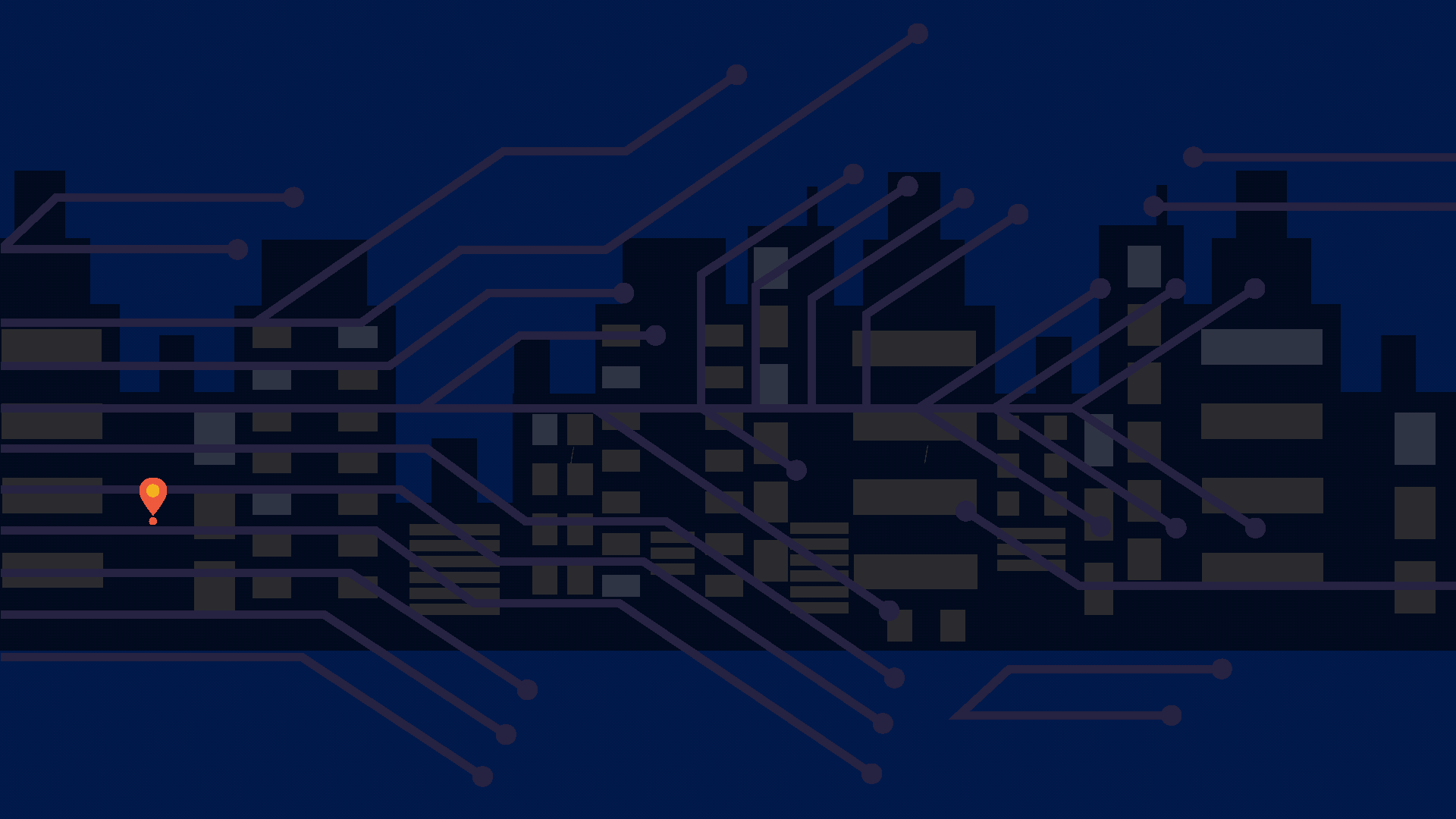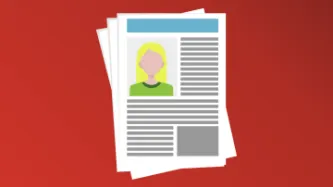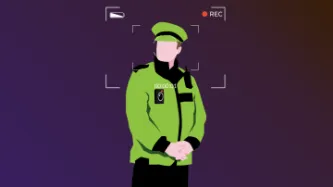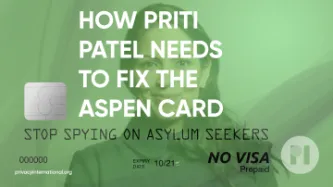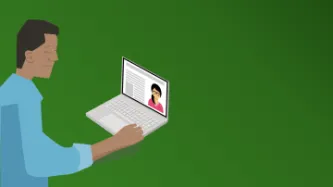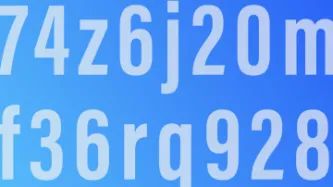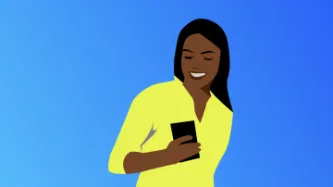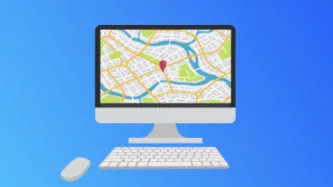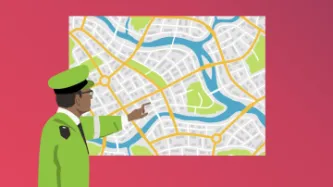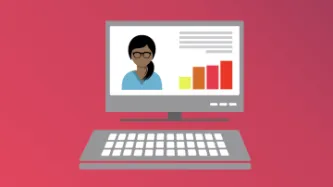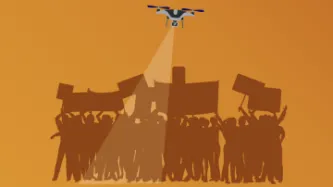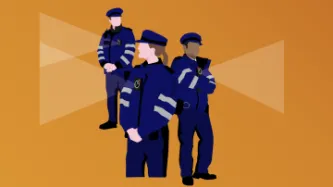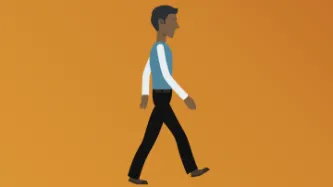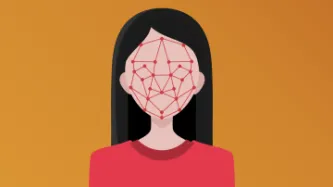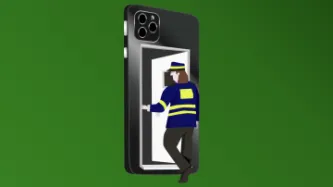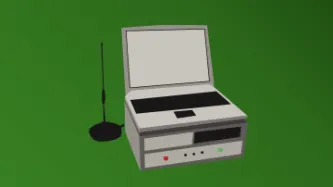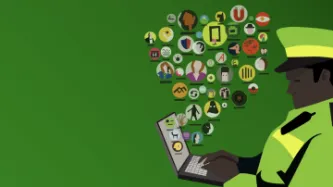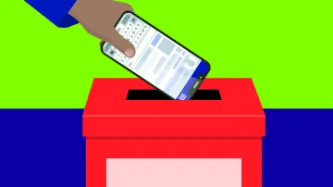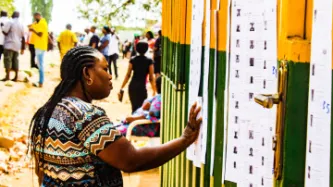Advanced Search
Content Type: Long Read
What if your boss was an algorithm? What would you do if your employer suddenly fired you or reduced your pay without telling you why? And without being willing to give you a reason when you ask for one?
This is not science fiction or some far-fetched reality. Millions of people worldwide are working in the gig economy sector for companies like Uber, Deliveroo, Bolt, Just Eat… And this could be the future of work for people working outside the gig economy, as surveillance technologies are…
Content Type: Video
Update: Pa has since won a settlement from UberPlease note the views expressed in the video are interviewee's own and do not necessarily reflect the views of PI.Pa used to work for Uber. After some time, Uber started asking him to submit a picture of himself to the platform to confirm it was indeed him who had completed the job. However, with time, the frequency of the requests increased. In the beginning, the requests for a picture only happened once a week, but as time went by Pa told us that…
Content Type: Advocacy
Our environment is increasingly populated by devices connected to the Internet, from computers and mobile phones to sound systems and TVs to fridges, kettles, toys, or domestic alarms. There has been research into the negative safety and privacy impacts of inadequate security provided by the software in such devices (such as the creation of large scale botnets). This is also the case with outdated security, a risk enabled by software support periods that are shorter than a product’s usable life…
Content Type: Advocacy
On 6 August 2021, the World Health Organisation (WHO) published its technical specifications and implementation guidance for “Digital Documentation of COVID-19 Certificates: Vaccination Status” (DDCC:VS) following months of consultations. As governments around the world are deploying their own Covid-19 certificates, guidance from the global health agency was expected to set a global approach, and one that prioritises public health. As such, we would expect the WHO to identify what these…
Content Type: News & Analysis
Today Apple announced a set of measures aimed at improving child safety in the USA. While well-intentioned, their plans risk opening the door to mass surveillance around the world while arguably doing little to improve child safety.
Among the measures, Apple has announced that it is to introduce “on-device machine learning” which would analyse attachments for sexually explicit material, send a warning, and begin scanning every photo stored on its customers’ iCloud in order to detect child…
Content Type: News & Analysis
It is difficult to imagine a more intrusive invasion of privacy than the search of a personal or home computer ... when connected to the internet, computers serve as portals to an almost infinite amount of information that is shared between different users and is stored almost anywhere in the world.
R v Vu 2013 SCC 60, [2013] 3 SCR 657 at [40] and [41].
The controversial Police Crime Sentencing and Courts Bill includes provision for extracting data from electronic devices.
The Bill…
Content Type: Long Read
This is based on UK data protection legislation. The UK’s General Data Protection Regulation (UK GDPR) does not apply to processing of personal data for law enforcement purposes by relevant authorities.
What can happen to my personal data at a peaceful protest?
The most common personal data processed at a protest are notes and photographs taken by police officers, along with voice and video recordings taken from body-worn cameras or drones.
Data processing can also happen with…
Content Type: Long Read
Photographing or filming incidents involving police and protestors is an important way of holding the police to account for their actions. Members of the public and the media do not need a permit to film or photograph in public places and police have no power to stop them filming or photographing incidents or police personnel.[1]
Can the police stop and search me for filming or taking photographs?
The police have the discretion to ask you to move back if they think you are interfering with…
Content Type: News & Analysis
The report on disinformation by the UN Special Rapporteur on the promotion and protection of the right to freedom of opinion and expression follows a growing trend by international bodies (including the Organization of American States and the European Commission) to assess and regulate the global phenomenon that is disinformation.
The report strongly links the spread of disinformation with the gratuitous data collection and profiling techniques utilised by the online…
Content Type: News & Analysis
The Aspen Card - the debit payment card given to asylum seekers that PI has previously exposed as a de facto surveillance tool - will be outsourced to a new company. The contract with Sodexo has come to an end and the company Prepaid Financial Services will be taking over.
Our campaign for transparency in relation to the Aspen Card and how it monitors asylum seekers continues. Not only do we demand clarity from the Home Office [read more here], we believe the new provider, Prepaid Financial…
Content Type: Explainer
What is social media monitoring?
Social media monitoring refers to the monitoring, gathering and analysis of information shared on social media platforms, such as Facebook, Twitter, Instagram and Reddit.
It may include snooping on content posted to public or private groups or pages. It may also involve “scraping” – grabbing all the data from a social media platform, including content you post and data about your behaviour (such as what you like and share).
Through scraping and other tools…
Content Type: Explainer
What are my 'unique identifiers' and where are they stored?
Your phone and your SIM card contain unique identifiers about you, which can be accessed by the police to identify you.
The IMSI (International Mobile Subscriber Identity) is a unique number associated with your SIM card. It doesn't change, even if you put the SIM card into a different phone.
If you have a mobile phone subscription, the IMSI will be associated with personal information such as your name and address.
The IMEI (…
Content Type: Explainer
Where are my communications stored?
Text messages/phone calls: Traditional cellphone communications happen over the cellular network. You usually access those with the text message and phone call apps that are provided as standard on your phone. While phone calls aren’t stored anywhere, text messages are stored locally on your and the recipient’s devices. They might also be temporarily stored by the network provider.
Messaging apps: Messaging platforms enable fairly secure communication…
Content Type: Explainer
Where is my phone's location data stored?
Your phone can be located in two main ways, using GPS or mobile network location:
1. GPS
GPS (that stands for Global Positioning System) uses satellite navigation to locate your phone fairly precisely (within a few metres), and relies on a GPS chip inside your handset.
Depending on the phone you use, your GPS location data might be stored locally and/or on a cloud service like Google Cloud or iCloud. It might also be collected by any app that you…
Content Type: Explainer
What is predictive policing?
Predictive policing programs are used by the police to estimate where and when crimes are likely to be committed – or who is likely to commit them. These programs work by feeding historic policing data through computer algorithms.
For example, a program might evaluate data about past crimes to predict where future crimes will happen – identifying ‘hot spots’ or ‘boxes’ on a map. But the data these programs use can be incomplete or biased, leading to a ‘feedback…
Content Type: Explainer
What is LEDS?
LEDS is a new mega-database currently being developed by the UK Home Office.
LEDS will replace and combine the existing Police National Database (PND) and the Police National Computer (PNC). The aim is to provide police and others with a super-database, with on-demand, at the point of need access, containing up-to-date and linked information about individuals’ lives.
Once your details are in LEDS, numerous agencies will have access to that information (e.g. HMRC and DVLA),…
Content Type: Explainer
What are police drones?
Drones are remotely controlled Unmanned Aerial Vehicles (UAVs) of varying sizes.
They usually come equipped with cameras and might be enabled with Facial Recognition Technology.
Drones can be equipped with speakers, surveillance equipment, radar and communications interception tools, such as ‘IMSI catchers’.
How might drones be used during protests?
Camera-enabled drones may be used to remotely monitor and track people’s movements in public spaces, including at…
Content Type: Explainer
What do Body Worn Video cameras do?
Body worn video (BWV) cameras can be attached to a police officer’s clothing – often at chest, shoulder or head level – and record video, including sound, from the officer’s perspective.
BWV cameras will probably be visible to you, and when it’s recording, a flashing light should appear on the device.
How might body worn video cameras be used at a protest?
BWV cameras may be used at protests to monitor actions of protestors.
They do not usually…
Content Type: Explainer
What is gait recognition technology?
Gait recognition technology (GRT) can analyse the shape of an individual’s body and the unique way in which that body moves when walking or running, which can then be used to identify them.
GRT works in a similar way to facial recognition technology. But the two main differences are:
GRT may be used at a fairly long range (at the time of writing, about 165 feet / 50 metres), unlike FRT which generally requires more close up, detailed facial images…
Content Type: Explainer
What is Facial Recognition Technology?Facial recognition technology (FRT) collects and processes data about people’s faces, and can be used to identify people. FRT matches captured images with images stored in existing databases or ‘watchlists’.How might it be used in relation to a protest?FRT may be used to monitor, track and identify people’s faces in public spaces, including at protests. This may be done openly or surreptitiously, without people knowing or consenting.FRT-enabled cameras can…
Content Type: Explainer
What is hacking?
Hacking refers to finding vulnerabilities in electronic systems, either to report and repair them, or to exploit them.
Hacking can help to identify and fix security flaws in devices, networks and services that millions of people may use. But it can also be used to access our devices, collect information about us, and manipulate us and our devices in other ways.
Hacking comprises a range of ever-evolving techniques. It can be done remotely, but it can also include physical…
Content Type: Explainer
What is an IMSI catcher?
‘IMSI’ stands for ‘international mobile subscriber identity’, a number unique to your SIM card. IMSI catchers are also known as ‘Stingrays’.
An ‘IMSI catcher’ is a device that locates and then tracks all mobile phones that are connected to a phone network in its vicinity, by ‘catching’ the unique IMSI number.
It does this by pretending to be a mobile phone tower, tricking mobile phones nearby to connect to it, enabling it to then intercept the data from that phone…
Content Type: Explainer
What are ‘cloud extraction tools’ and what do they do?
Cloud extraction technology enables the police to access data stored in your ‘Cloud’ via your mobile phone or other devices.
The use of cloud extraction tools means the police can access data that you store online. Examples of apps that store data in the Cloud include Slack, Instagram, Telegram, Twitter, Facebook and Uber.
How might cloud extraction tools be used at a protest?
In order to extract your cloud data, the police would…
Content Type: Advocacy
This report is presented by TEDIC (Technology and Community Association) and Privacy International (PI). TEDIC is a non-governmental, non-profit organization, based in Asunción, that promotes and defends human rights on the Internet and extends its networking to Latin America. PI is a London based human rights organization that works globally at the intersection of modern technologies and rights.
TEDIC and PI wish to express some concerns about the protection and promotion of the right to…
Content Type: News & Analysis
Uganda's Presidential election in January 2021 resulted in the incumbent President Museveni winning his sixth term in office, having held power for 35 years. The election took place amidst a global pandemic and the run up to election day was fraught. Violence left dozens dead and hundreds more arrested, including the opposition candidate Bobi Wine. Mass rallies and in person campaign meetings were banned due to Covid restrictions and political parties in Uganda were encouraged to conduct “…
Content Type: Long Read
In May 2019, the UK Department for Work and Pensions (DWP) – the department in charge of welfare – published their two-part staff guide on conducting fraud investigations. Privacy International went through the 995 pages to understand how those investigations happen and how the DWP is surveilling benefits claimants suspected of fraud.
Anyone who has flipped through a tabloid will have seen articles exposing the so-called “benefits-cheats,” people who allegedly trick the benefits systems for…
Content Type: Long Read
Back in 2019, we read through a 1000-page manual released by the UK Department for Work and Pensions (DWP) describing how they conduct investigations into alleged benefits fraud. While out in the open and accessible to anyone, the guide turned out to be a dizzying dive into a world where civil servants are asked to stand outside someone’s door to decide if they are indeed single or disabled and have to be reminded that living together as a married couple is not an offense. The guide – which…
Content Type: News & Analysis
Earlier this week, the UK Government announced that no immigration status checks will be carried out for migrants trying to register with their GP and get vaccinated. But temporary offers of safety are not enough to undo the decades of harm caused by policies that have embedded immigration controls into public services.
Years of charging migrants for healthcare and sharing patient data with the Home Office has eroded trust between migrant communities and the NHS. As a result, they might not…
Content Type: Advocacy
This letter is also available in Spanish.
Dear Mr. Zuckerberg and Mr. Pichai,
In the past few years, you have pioneered important transparency tools to help your platform users understand, learn about and contextualise the political advertising they see. We agree that advertiser verification processes and ad repositories are key safeguards against online manipulation and misinformation. However, we are saddened to observe that these benefits have not been equally distributed among your global…
Content Type: Long Read
Among the many challenges of 2020, the impact on elections around the world kept us all on the edge of our seats. 75 countries postponed national and local elections due to Covid 19. Of the elections that went ahead, we saw Covid safe measures at polling stations (South Korea led the way forward in April) an increase in postal voting (who can forget the USA, but also Poland) and political parties in Uganda conducting "virtual" campaigns as mass rallies and in person campaign meetings were…
